The post-Covid world and the shadow of recession are bringing new priorities to the fore, writes Martyn Evans
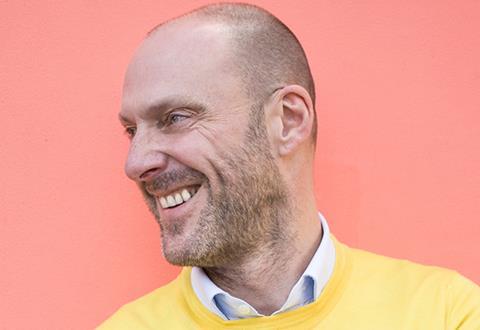
It’s awards season and, in the run up to the end of the year there’s always a slew of dinners and annual banquets in our industry. I’ve been to many of them in the last few weeks and, even though it’s nearly 18 months since the last of the Covid restrictions were removed, I’m still going to ‘first for three years’ events. And it feels different.
We hosted a table at an industry awards dinner a couple of weeks ago. It was the first time I can remember when I didn’t have to buy more wine than was allocated to the table - most of our guests headed home straight after the formalities ended.
The EG Awards the previous week was a much more sedate affair than I can ever remember – the focus of the evening (to editor Sam McClary’s credit) was all about the event’s carbon footprint. You could even do a stint on a fixed bicycle to generate some of the power the evening consumed. It feels like priorities are different to me, and I I like it.
My industry takes itself very seriously
The week before last it was the British Property Federation’s Annual Banquet – a black tie affair at London’s Guildhall. Very formal, in one of London’s most beautiful, historic and stately rooms (the room where the Queen, I was reminded, had made her ‘Annus Horibilis’ speech).
A week later I was back in the same room for New London Architecture’s (NLA) annual lunch and awards ceremony – an altogether less formal affair and more fun for it. I reflected on why.
My industry takes itself very seriously. It’s driven by money – lots of it – and it’s (still) very male. It’s also a little nervous right now – the economy is not kind and it’s not sure of how to respond to this fast-changing, politically unpredictable world we live in.
It feels upbeat and hopeful
An industry that sees public consultation as a tick box exercise to be tolerated is quickly at sea when increasingly loud community voices present a challenge that needs a thoughtful response. The professional diversity wasn’t that wide either – a room full of property developers doesn’t feel to me like an answer to the problems we need to tackle.
The NLA lunch has always attracted a wider group of professionals. Its year-round seminar programme is designed to bring together those from development, architecture, planning, engineering, art and policy to debate important industry issues. That’s useful at the best of times.
Now when times are a bit tough, it’s essential. When a wide variety of professionals from different industries gather to talk and celebrate their shared interests, solutions start to appear. It feels upbeat and hopeful.
Before Christmas I’m off to a city in the North of England with a team of people to start thinking about a bid
We’re only going to solve our shared problems if we stop seeing building as putting one brick on top of another in between some glass and steel and start thinking first about the people who will use the buildings we make. To do that we need to understand them.
That means, first, talking to them, and then drawing together the skills and experience of everyone who will contribute something to the finished product to talk, debate and share ideas. As early as possible.
Before Christmas I’m off to a city in the North of England with a team of people to start thinking about a bid we’re going to put together for a large piece of brownfield land. We’re bidding to be a joint venture partner with a significant public body.
We’re just going to walk, to look, learn and to talk
We’re heading there with a big team – architects, planners, construction advisors, culture folks, social policy thinkers and an artist. We’re just going to walk, to look, learn and to talk.
At the end of two days we might get close to the bones of a brief for everyone to start thinking about their work that will come together for the formal bid in March, but first we’re just going to spend time together thinking about the city and what it needs.
The time to think, together, will put down a strong set of foundations for the work we need to do in the new year as we conceive our plans for the future social and economic prosperity of the city in focus. For its people and their future.
What I also want is for the collaborative enterprise of the bid process to translate into a properly collaborative process over the coming years, should we be successful, to deliver a whole new quarter of an important city. We simply can’t do it on our own.
Postscript
Martyn Evans is creative director of U&I


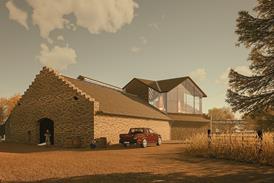
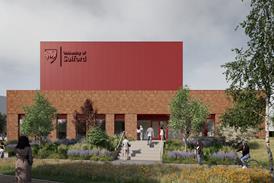
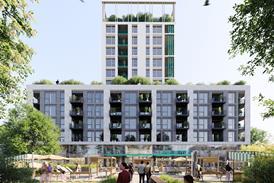
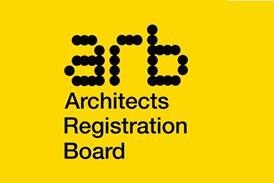










No comments yet